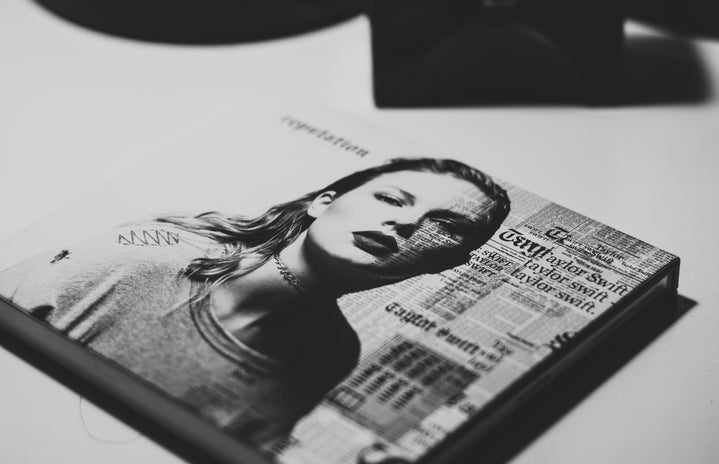One of the reasons I love Taylor Swift’s music is because it’s grown with me over time. Her music hasn’t been relegated to the “oh yeah, I used to love that once upon a time” pile like so many other artists. Instead, every new album from her is representative of a new era in which her words and music somehow manage to become part of the soundtrack of my life at that time, as is true for many of her fans. Each album has resonated with a different time in my life, and though there are definitely overlaps (All Too Well, for example, is appropriate at all times because yes, it’s just that good), I definitely tend to focus on one album at a time.
Taylor’s first few albums spoke to me in the same way as she describes them now; Love Story was iconic, but it was the stuff of fairytales. Parts were from movies she’d watched, books she read, all of it mixed up with fantasies dreamt up about various crushes she had. The next albums explored different areas of music and experiences of love where she somehow managed to take immensely complex emotions and break them down to make it more comprehensible. Her most recent albums, in particular, have explored the adult world and realities in ways she hadn’t before.
In a recent interview with Zane Lowe, Taylor described her album, reputation, as being incredibly character-driven rather than representative of reality. She compared it to having an “extreme filter” on her emotions, being so in that moment that she didn’t feel like herself at the time. She became the character of each song as she performed them, and it was awe-inspiring. She took charge of herself and her image, taking a stand for what she believed for what seemed like the first time, and it changed things. But with it, as with all her previous albums, came a great deal of scrutiny. As she explains in her interview, Swift prioritizes making art, advising newer artists to “not let anything stop [them] from making art” and to always “keep doing what you love.”
Having experienced a great deal of scrutiny from a very young age, the artist is now very vocal about the inequality between men and women in the entertainment industry: the media loves to pretend that a woman is “doing something wrong by wanting love, wanting money, wanting success”, as if women “are not allowed to want those things like men are allowed to want them”. Swift experienced people minimizing her talent and her success at the age of 23, where she reduced to slideshows of her past partners. She was relegated to a party trick as if she’d whip out another song about her most recent relationship rather than being recognised for her craft.




